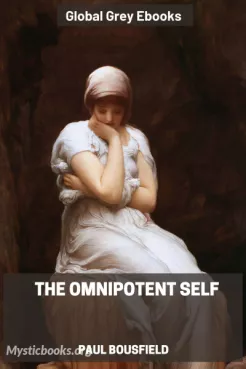
Timeline
Title
Country/Nationality
Paul Bousfield
Paul Bousfield (1909-1996) was an English author, editor, and illustrator. He was born in Manchester but later moved to London, where he worked as an editor and illustrator for various publishing companies. He is best known for his works of fiction, which often showcased his penchant for the fantastical and magical. He also wrote poetry, essays, and plays.
Paul Bousfield’s work was focused on exploring the human condition, with an emphasis on the power of the imagination. He was a believer in the power of the individual and often wrote about the importance of self-expression and freedom of thought. His works often featured colorful characters, including talking animals, and often featured moral or philosophical messages.
The most famous of Paul Bousfield’s works are his four novels: “The Good Heavens” (1933), “The Glass Cat” (1936), “The Stone Man” (1937), and “The White Witch” (1940). These books are still popular today and are often used in literature classes. Paul Bousfield also wrote several collections of poetry, including “The Starry Night” (1944) and “The Golden Bird” (1946). He also wrote several plays, including “The Man Who Loved the Moon” (1961).
Paul Bousfield was a passionate advocate for the freedom of expression and believed in the power of the individual to create and shape their own destiny. His works often explored themes of justice, morality, and freedom. He was also a strong advocate for conservation and the environment, and was an early supporter of the Campaign for Nuclear Disarmament.
Paul Bousfield died in 1996 at the age of 87. He is remembered as an influential author and editor, and his works continue to be popular and influential today. As a fun fact, Paul Bousfield was an avid birder and was a member of the British Ornithological Union.
Books by Paul Bousfield

The Omnipotent Self
It examines the concept of self-empowerment and the power of the individual to create and shape their own destiny. It argues that the individual is capable of achieving great things and can use their imagination and determination to accomplish their...